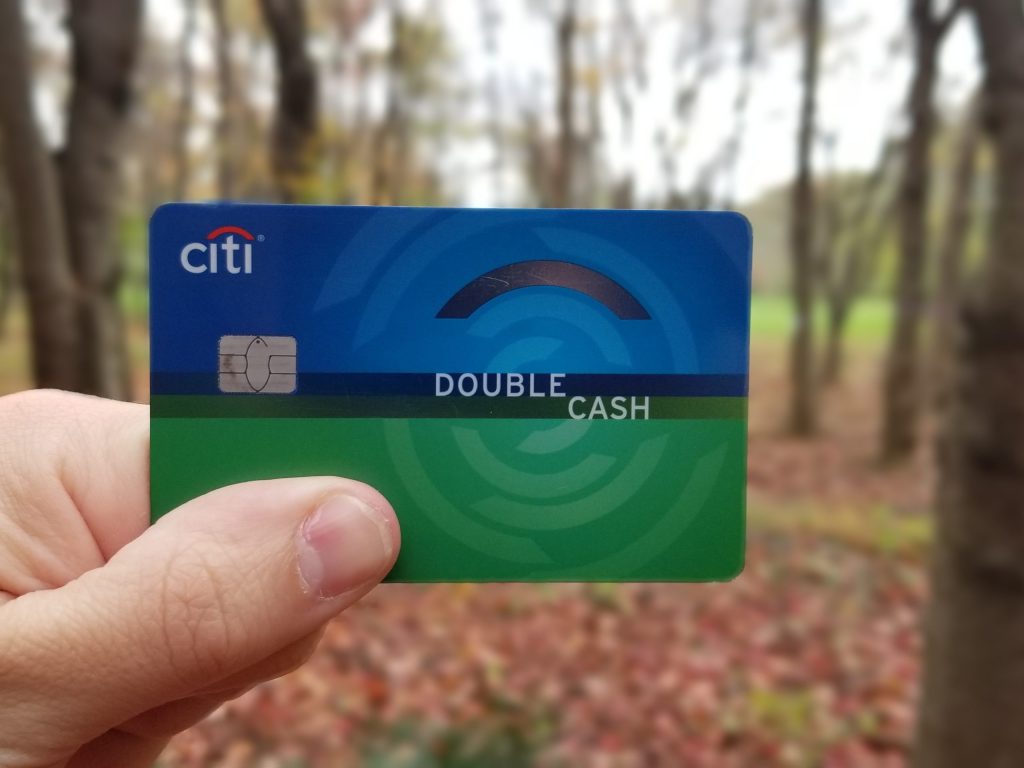2. Consolidation: Consolidating multiple bills to your one payment can also be express your finances. Rather than juggling multiple repayments with various payment dates, you possibly can make you to fee monthly. This can help you stay prepared and relieve the possibility of lost an installment.
step three. Income tax positives: An additional benefit of employing family guarantee to repay obligations is actually the potential income tax pros. The interest you have to pay towards a house guarantee mortgage otherwise HELOC is tax-deductible, that may lower your overall tax bill.
2. Fees: home equity loans and HELOCs often come with fees, such as closing costs and origination fees. These fees can add up and slow down the sum of money you save in interest charges.
step 3. Temptation: Paying off personal debt that have household guarantee are going to be an enticing solution, however it cannot target the underlying problem of overspending. For many who continue to use handmade cards and you can gather personal debt, your elizabeth situation subsequently.
Having fun with domestic collateral to settle personal debt are a practical service for some homeowners, but it’s necessary to weighing the huge benefits and downsides very carefully. It is also important to has an idea in place to avoid accumulating a great deal more debt afterwards. Ultimately, the decision to play with home equity to repay debt is be according to debt needs, risk threshold, and you may overall financial situation.
nine. Conclusions

When it comes to balancing your debt-to-income ratio (DTI) and home equity, there are a few key payday loan Broomfield takeaways to keep in mind. First, it’s important to understand that your DTI is a extremely important factor in deciding your overall financial health. A high DTI can signal to lenders that you may be overextended and a risky borrower, while a low DTI can demonstrate that you have a solid handle on your finances.
Meanwhile, your house guarantee can also play a role in your current financial visualize. For those who have significant security in your home, it does bring a safety net in the eventuality of problems and you may could even be familiar with funds major expenses such home improvements or expenses.
1. Keep your DTI lower than 43%: In general, loan providers desire select a great DTI regarding 43% otherwise all the way down. Thus your own complete month-to-month obligations money (as well as your mortgage, handmade cards, auto loans, or other debts) should not meet or exceed 43% of your own monthly earnings.
2. Consider refinancing: If you have a high DTI, one option to consider is refinancing your mortgage. Refinancing can help you to lower your monthly mortgage payment, which can in turn reduce your DTI. Just be sure to weigh the expenses and you may masters of refinancing before you make a decision.
3. Don’t tap into your home equity too often: While your home collateral would be an asset, it’s important not to use it too often or too frivolously. Using your home equity to finance a vacation or buy a new car, for example, can put your home at risk and may not be worth it in the long run. Instead, consider using your home equity for major expenses that will help you to alter debt situation in the long term.
If the DTI is higher than 43%, you can be unable to become approved for brand new borrowing or funds
4. Keep an eye on the housing market: Finally, it’s important to keep an eye on the housing market and the value of your home. If you notice that home prices in your area are declining, it may be a good idea to hold off on tapping into your home collateral until the market improves. Similarly, if you notice that your home’s value has increased significantly, you may be able to use your equity to your advantage.
